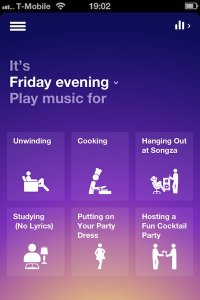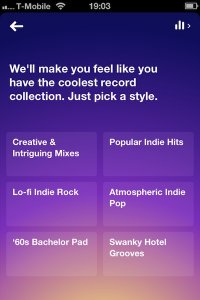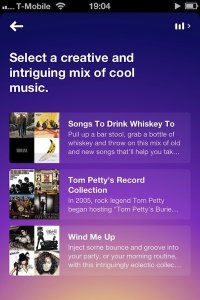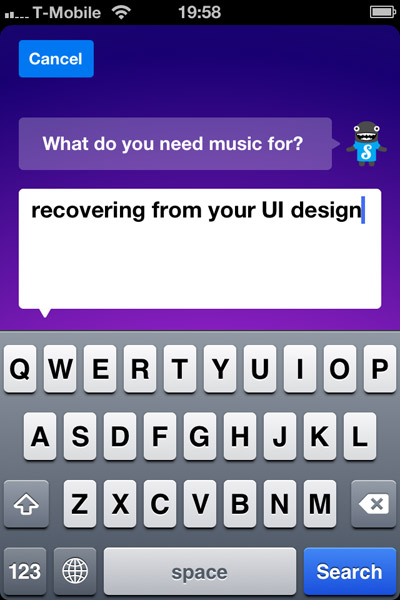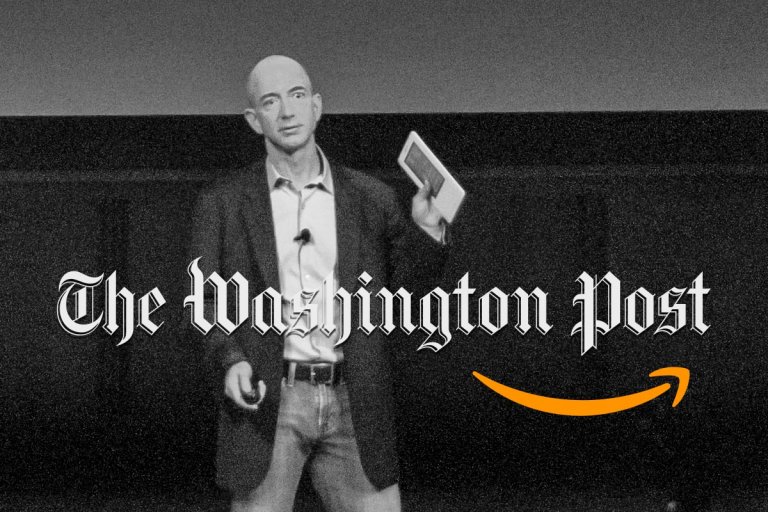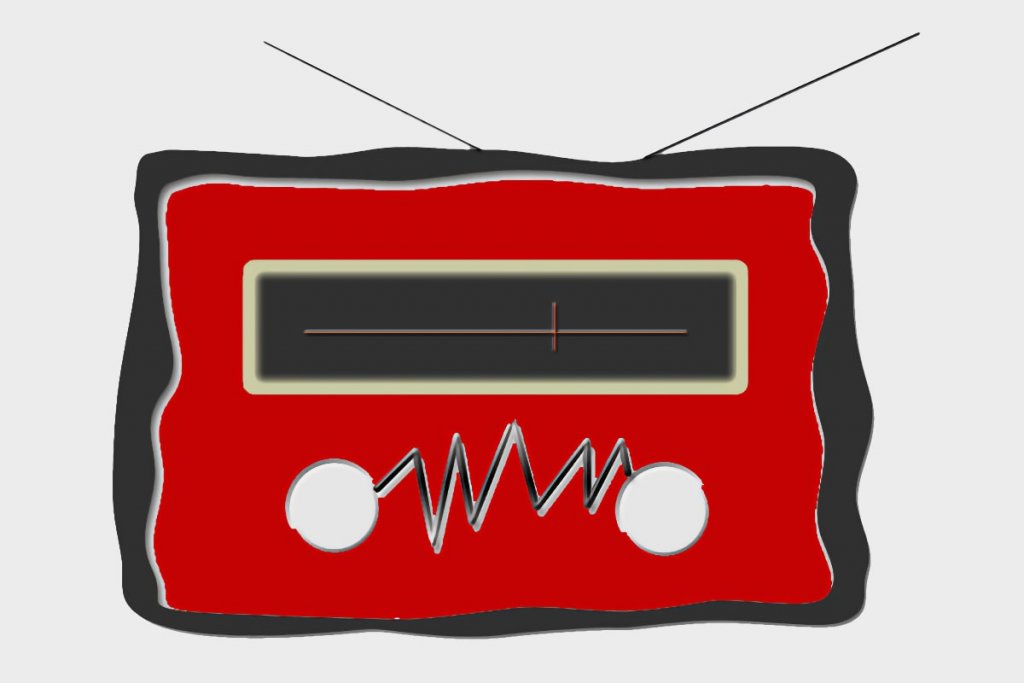
Two of my favorite radio stations recently shut down, more or less out of the blue: NME Radio and Q Radio in London, both spin-offs of popular music magazines. I liked them for their mix of alt rock, indie, and Brit pop – but I have to admit that, in both cases, I didn’t even notice the void in the ether until several weeks after NME and Q Radio had stopped broadcasting (and live-streaming on the Web, which is how I listened).
Please note that this blog post is more than 10 years old and some apps or services (like Songza and Rdio) are no longer around.
Growing up in Germany, I used to be glued to the stereo, following my favorite radio DJs all day long – and sometimes way into the night. Simon Guettier of British Forces radio BFBS had a quirky segment called “What a way to go” that simply begged to be heard, night after night, before lights-off. I probably didn’t get enough sleep during High-School, but I learned a lot of English in an entertaining way. (Thank you, Simon!)
But radio became bland. Programmed for the lowest common denominator, chock-full of advertising and happy-happy talkers, largely devoid of character(s). There are exceptions, of course, from NPR to BBC6, but they’re far and few in-between. Thankfully the decline of radio coincided with the rise of the Web, giving us plenty of listening alternatives, from iTunes and Pandora to Spotify, Rdio and many more. These days, I typically tune in to Songza when I want something resembling a smart radio station playing my kind of music.
What makes Songza stand out from the crowd is its combination of clever user interface and curated playlists: the service tries to anticipate moods (“It’s Friday evening – play music for: cooking, unwinding, hosting a cocktail party…”) and goes beyond computer algorithms that simply guess what I might like. Instead, humans put together playlists for bands, genres and more; just like music lovers do at good radio stations. In a smart move, Songza scours music blogs for new tunes and matches them with its catalog to offer playlists like “Gorilla vs. Bear,” “Blogged 50” or “New Artists To Watch.”
The result is a music service that offers both personalization and variety, in a way that traditional radio stations have a hard time matching. Naturally, if you like the chit-chat and friendly banter of your favorite KissStarHot FM, then music-only services like Songza won’t be much of a draw. In fact, the CEO of America’s largest radio empire, Clear Channel, pins his hopes on radio being like “Cheers” – a friendly bar “where everybody knows you and you know them, and you say, ‘What’s up?’”
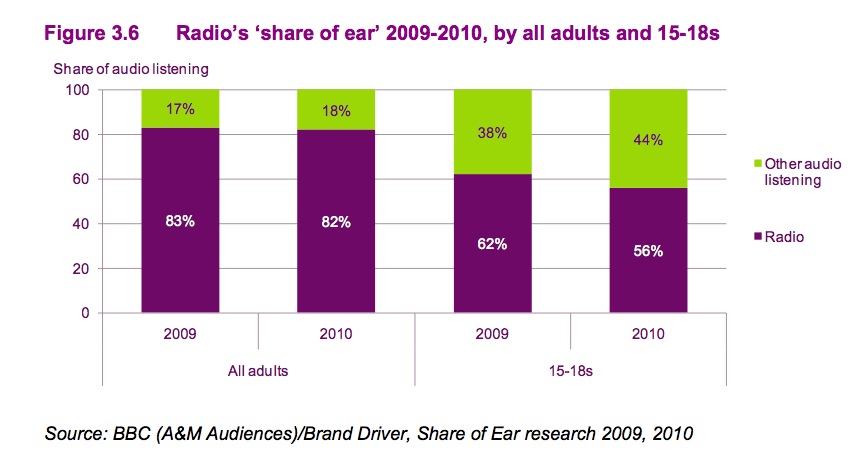
But apparently this concept is quickly losing its appeal, not just for me. In the U.S., the average time spent listening to traditional radio has fallen from 22 hours per week in 1998 to just 14 hours in 2012. In the U.K., “over the past ten years, time spent listening fell by 22% among the 15-24s and now stands at an average of 17 hours each week,” notes the independent regulator Ofcom.
That doesn’t mean radio will go away. Far from it. In all likelihood, new forms of radio will emerge, combining the best of the analog airwaves with the multimedia possibilities of the online world – personalization, live information, human interaction, all with great music and great people. I look forward to this new golden age of radio. But I’m happy to leave the mass-produced mess of commercial radio, as it is, behind and turn to online alternatives. Songza’s UI design may be an eyesore – what were they smoking when they came up with that purple-to-pink background flare? – but thankfully music is all about listening: ears open, eyes closed.
